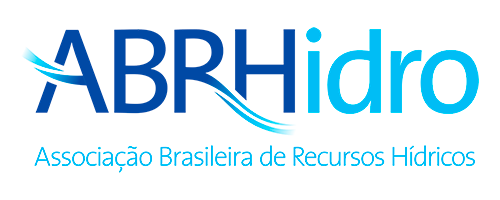ICFM6 - International Conference On Flood Management
Data: 17/09/2014 à 19/09/2014
Local: São Paulo - Brazil
Mainstreaming Flood Resilience and Sustainability With Investment and Renewal Programs: Experiences With a Multi-Disciplinary, Bottom-Up Approach in Mare Asia (PAP014827)
Código
PAP014827
Autores
Chris Zevenbergen, Assela Pathirana, Sebastiaan van Herk, Jeroen Rijke, Taneha Kuzniecow Bacchin, Gersonius, William Veerbeek
Tema
Flood resilient societies through community preparedness
Resumo
Cities are dynamic systems. Understanding the role of temporal change and the way it shapes the urban fabric and structure are crucial to assess flood vulnerability and to manage adaptive capacity. Cities have to learn from the past and anticipate the future in order to develop and implement effective flood management approaches. They have to eliminate unsatisfactory practices that increase flood vulnerability and to deal with large uncertainties through investigation, experimentation and evaluation. At the same time cities are challenged to become more sustainable. Urban (re)development and maintenance of buildings and infrastructure provide opportunities to adapt cities to anticipated long-term changes, to increase flood resilience and to become more sustainable. Given the pace of climate and socio-economic changes and the need to manage carbon and energy better, there is a huge potential and opportunity to incorporate cost-effective measures by synergistic inclusion within regular (re)development and maintenance programmes. This needs to be recognised and planned, so that the inclusion of such interventions is part of a long-term greening and adaptation strategy. While many large cities have developed their own programmes and implementation strategies to become more resilient and greener, small and medium cities are lagging behind in this process. This specifically holds true for the fast growing medium and small sized cities in developing and transitioning countries. Given the rapid pace of development and a lack of financial means, building flood resilience and sustainability through mainstreaming into regular investments and renewal programs is likely to be the most effective path in these medium and small size cities This paper presents a multi-disciplinary, bottom-up approach targeting to deliver the institutional, planning and policy frameworks, business practices, and financing instruments for mainstreaming adaptation and greening in locally driven (re)development and maintenance projects of medium and small sized cities in Asia (Vietnam and Indonesia). To foster relationships with stakeholders and researchers and to establish a policy dialog, it builds upon recent successful experiences with Learning and Action Alliances (LAAs) of frontrunner cities in Europe as Living Lab Cities in climate adaptation (e.g. EU Interreg MARE). Pivotal to the MARE approach is a reframing of the paradigm of planned adaptation from its primary focus on mitigating the impacts of climate change using stand alone interventions to (i) a broader focus on increasing the performance of the city or community in which the investment c.q. interventions are to take place and (ii) integrate climate adaptation into (re)development and maintenance programs of the building stock and infrastructure, and (iii) the recognition that the successful delivery of green and resilient cities is a continuous process requiring continuous experimentation and learning.

